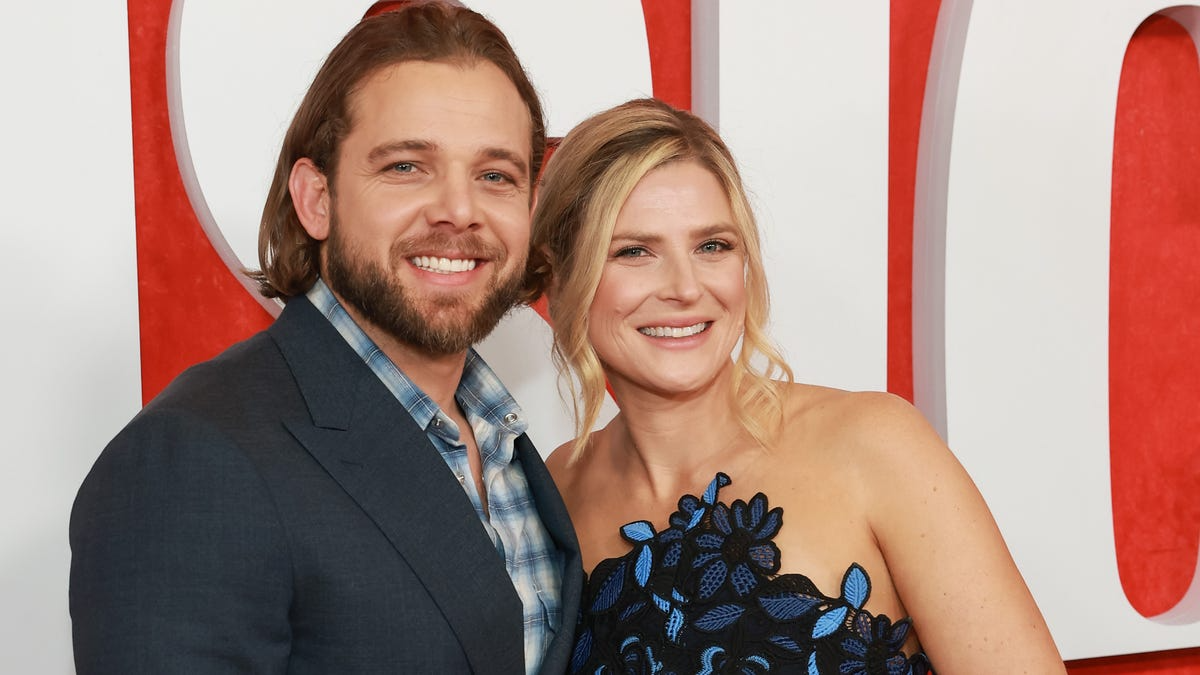
In today’s entertainment landscape, few network television shows manage to combine commercial success with emotional depth and social relevance. Fire Country, co-created by and starring Max Thieriot, breaks that mold. It is not only a high-stakes drama centered around firefighting and second chances—it’s also a deeply personal story born out of Thieriot’s lived experience and emotional convictions.
This article takes a closer look at how Thieriot brought Fire Country to life, the values he’s embedded in its DNA, and the broader impact it’s having on storytelling across network TV.
A Vision Forged in the Flames of Real Life
Before he was Bode Donovan, Max Thieriot was a Northern California native who witnessed the devastating toll wildfires took on his community. With roots in Sonoma County, Thieriot didn’t just imagine a show about fire—he lived among it. This personal proximity to destruction and resilience informed the creation of Fire Country, grounding it in a truth many shows fail to capture.
But Thieriot didn’t stop at realism. He wanted Fire Country to address themes often marginalized on network TV: incarceration, addiction, mental health, fatherhood, and healing. The result is a show that crackles not just with tension, but with sincerity.
The Origin Story: Turning Wildfire Into Storytelling Fuel

Fire Country didn’t emerge from a corporate writer’s room—it emerged from Thieriot’s own passion project. As he built the concept with co-creators Tony Phelan and Joan Rater, Thieriot brought his firsthand understanding of Cal Fire, the inmate firefighting program, and the paradox of redemption within crisis.
Rather than use fire as a backdrop, Thieriot made it a metaphor. The flames aren’t just environmental—they’re personal. Each blaze the characters fight mirrors the emotional turmoil they’re navigating: guilt, grief, betrayal, and the longing to start over.
This symbolic layer gives the show a weight that transcends genre. And it’s all by Thieriot’s design.
Bode Donovan—A Character of Contradiction and Compassion
One of the most compelling elements of Fire Country is the protagonist Bode Donovan, a former addict and convict who joins Cal Fire as part of his rehabilitation. In Bode, Thieriot has created a character who is both flawed and heroic, broken and bold.
Bode isn’t a perfect man. He’s impulsive, angry, and haunted by his past. But it’s that very imperfection that makes him human. Through Bode, Thieriot explores what it means to deserve a second chance—and what it takes to earn one.
More importantly, Bode’s journey is reflective of countless real-life individuals who are more than their criminal records. Thieriot doesn’t just write about redemption—he fights for it with every scene.
Writing That Reflects the Unheard
What sets Fire Country apart isn’t just its subject matter—it’s the care with which it’s written. Thieriot and the writers give voice to people rarely centered on mainstream TV: working-class firefighters, incarcerated men and women, emotionally repressed fathers, and grieving mothers.
Each subplot and supporting character deepens the emotional resonance of the show. Whether it’s a quiet conversation between two fire crew members or a volatile family dinner, Thieriot ensures that every interaction reveals something about healing, community, and sacrifice.
Building a Bridge Between Entertainment and Empathy
Thieriot’s performance as Bode is powerful, but it’s his off-screen vision that elevates the show to cultural significance. By portraying inmates as brave, vulnerable, and complex, Fire Country challenges stereotypes and fosters empathy among viewers.
In doing so, the show bridges a massive gap between entertainment and social awareness. It reminds audiences that heroism can come from anywhere—and that the people fighting our wildfires might also be battling their own.
The Future of Network TV Looks Like This
Fire Country’s success proves that network television can be both commercially viable and emotionally profound. Under Thieriot’s leadership, the show has become a blueprint for how to tell purpose-driven stories without sacrificing drama or appeal.
With additional seasons and potential spin-offs on the horizon, Thieriot is poised to reshape the future of prime-time storytelling—not with special effects, but with emotional truth.
Conclusion: Max Thieriot Isn’t Just Playing a Role—He’s Changing the Game
In Fire Country, Max Thieriot has done something rare: he’s created a show that resonates deeply while also entertaining broadly. Through careful storytelling, deeply personal themes, and a commitment to truth, he has ignited something more than a hit series.
He’s ignited a movement.
